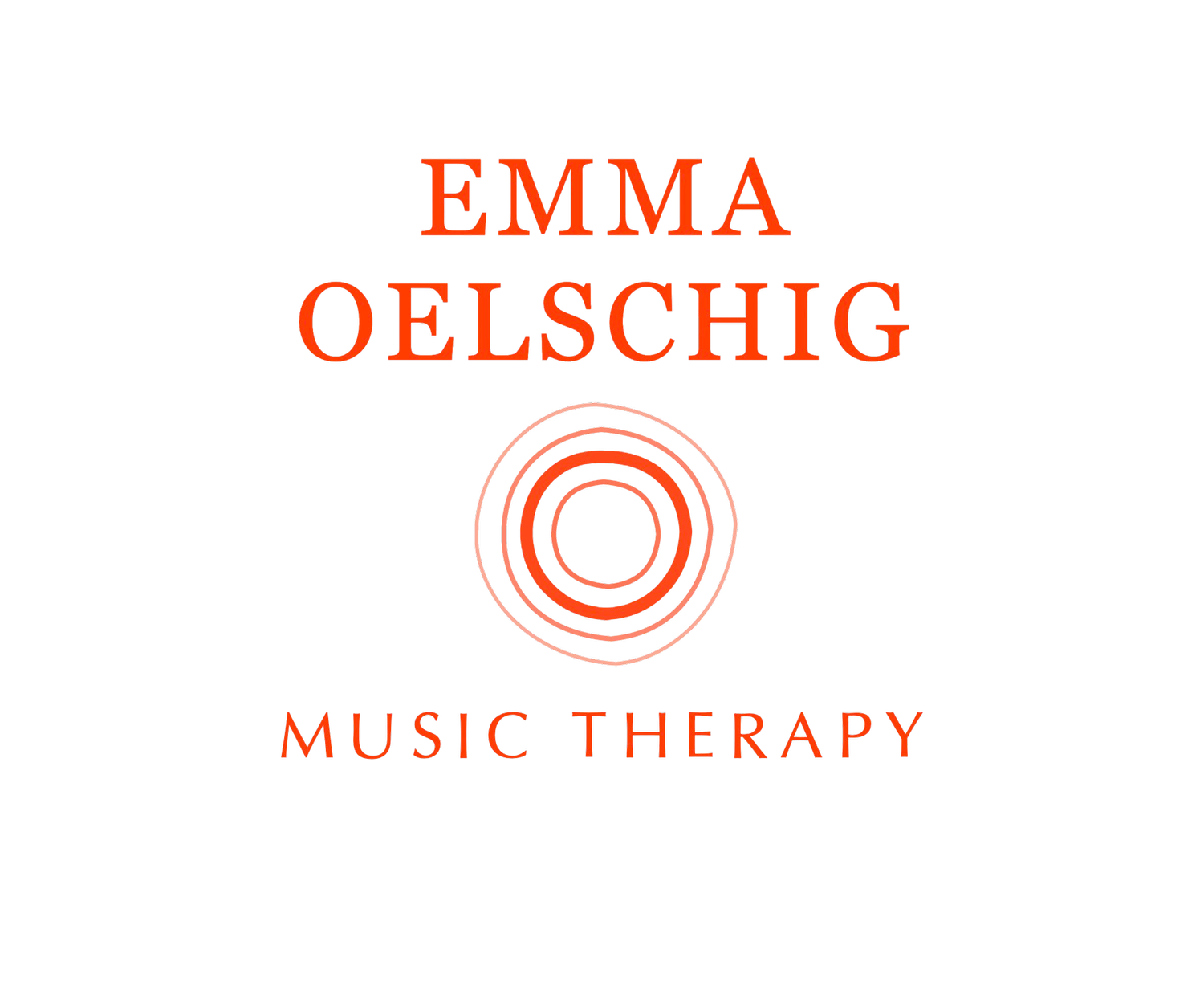About
-

I believe in the transformative power of music to support healing and growth, meeting each person exactly where they are on their journey.

-
About me
My path to becoming a music therapist reflects my deep commitment to both music and human connection. Beginning with violin studies at the University of Cape Town's Music School, I discovered that my true calling wasn't in performance, but in using music to support others' wellbeing.
This realisation led me to pursue a Bachelor of Social Science at UCT, majoring in Psychology and Philosophy. These studies deepened my understanding of human experience and confirmed my desire to work directly with people in a meaningful way. Following my undergraduate degree, I completed my Honours in Psychology at the South African College of Applied Psychology, further developing my clinical foundation.
My journey then led me to pursue a Master's in Music Therapy, where I found the perfect integration of my musical training and my passion for supporting others. This path allowed me to transform my musical abilities into a therapeutic tool for growth and healing.
-
Understanding Music Therapy
Music therapy is a versatile therapeutic approach that can support individuals across a remarkable range of contexts. In clinical settings, I work with people experiencing a range of mental health conditions, including major depressive disorder, bipolar disorder, and anxiety disorders. My experience extends to supporting individuals with eating disorders, as well as working with those diagnosed with schizophrenia, where music therapy can help address negative symptoms and support orientation. I also work with individuals across the neurodevelopmental spectrum, including autism, where music can facilitate meaningful connection and expression. In dementia care, music therapy has shown particular value in enhancing quality of life and maintaining important social bonds.
Beyond clinical applications, music therapy offers valuable support for many life experiences and personal growth journeys. It can provide a space for healthy adults seeking self-reflection or clarity about their life direction. For couples, music therapy offers a unique environment where music serves as a safe container for exploring strong emotions and relationship dynamics. The therapeutic power of music can also support individuals processing grief and loss, help adolescents navigate significant life transitions, and even strengthen corporate teams through creative approaches to relationship building and morale boosting.

-
Mindfulness Integration
During my master's studies, a pivotal moment came through completing the Mindfulness-Based Stress Reduction (MBSR) course. This experience profoundly influenced my approach to therapy and led me to focus my dissertation on mindfulness-based approaches in eating disorders and substance use treatment.
My commitment to mindfulness continues to grow through ongoing training, particularly in applying mindfulness within trauma contexts. I find that the integration of mindfulness practices with music therapy creates a particularly powerful therapeutic combination, offering unique pathways for healing and self-discovery.
-
My Approach
I bring a client-led, mindfulness-informed perspective to my work, with particular experience in supporting individuals with eating disorders and substance use challenges. Rather than focusing on disorders and symptoms, I believe in drawing upon each person's inherent strengths and resources, using music as a gentle guide towards healing and growth.
My background in psychology, philosophy, and music allows me to offer a thoughtful, integrated approach that honours each person's unique journey. I continue to deepen my practice through ongoing training and research in mindfulness-based approaches, always seeking to enhance how I can best support my clients.

